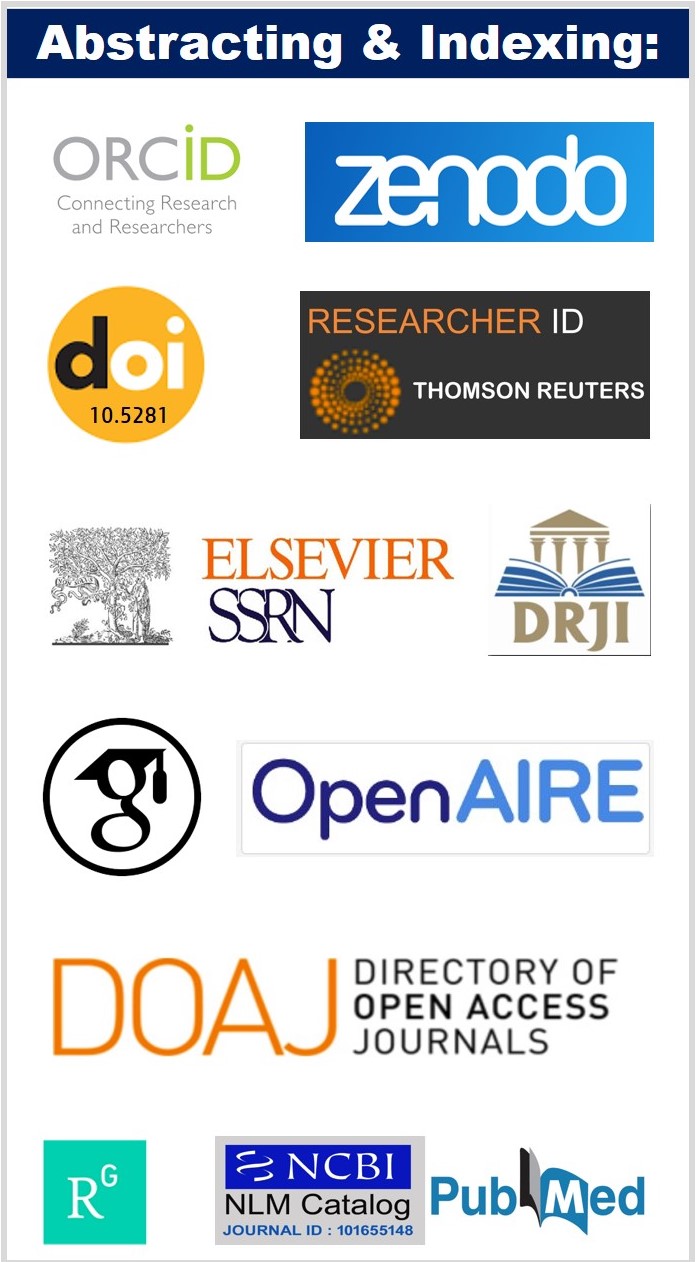Original Research Article I Volume 5 I Issue 4 I 2017
Role of speckle tracking echocardiography in predicting Cardiac Resynchronization Therapy response
Abdou Mahmoud Mohammed; Hussein Rizk; Ashraf Wadie; Rania Elhusseiny; Abdo Alazzab
Biolife; 2017, 5(4), pp 408-415
DOI:https://doi.org/10.5281/zenodo.7375198
Abstract:
Cardiac resynchronization therapy (CRT) is a well-established treatment in selected patients with drug-refractory heart failure. In order to improve the response rate of patients treated with CRT, imaging can provide information on mechanical dyssynchrony, viability, and cardiac venous anatomy. Two-dimensional speckle tracking imaging is a new echocardiographic method could be useful in assessing dyssynchrony and regional contractility.
Keywords:
Malnutrition - Students - Correction - Prevalence – diet
References:
- Yancy, C. W. et al. 2016 ACC/AHA/HFSA Focused Update on New Pharmacological Therapy for Heart Failure: An Update of the 2013 ACCF/AHA Guideline for the Management of Heart Failure: A Report of the American College of Cardiology/American Heart Association Task Force on Clinical Practice Guidelines and the Heart Failure Society of America. Circulation 134, e282-293, doi:10.1161/CIR.0000000000000435 (2016).
- Dizon, J. M. et al. Real-time stroke volume measurements for the optimization of cardiac resynchronization therapy parameters. Europace : European pacing, arrhythmias, and cardiac electrophysiology : journal of the working groups on cardiac pacing, arrhythmias, and cardiac cellular electrophysiology of the European Society of Cardiology 12, 1270-1274, doi:10.1093/europace/euq175 (2010).
- Tanaka, H. et al. Dyssynchrony by speckle-tracking echocardiography and response to cardiac resynchronization therapy: results of the Speckle Tracking and Resynchronization (STAR) study. European heart journal 31, 1690-1700, doi:10.1093/eurheartj/ehq213 (2010).
- Tanaka, H., Hara, H., Saba, S. & Gorcsan, J., 3rd. Prediction of response to cardiac resynchronization therapy by speckle tracking echocardiography using different software approaches. Journal of the American Society of Echocardiography : official publication of the American Society of Echocardiography 22, 677-684, doi:10.1016/j.echo.2009.03.007 (2009).
- Seo, Y. et al. Incremental Value of Speckle Tracking Echocardiography to Predict Cardiac Resynchronization Therapy (CRT) Responders. Journal of the American Heart Association 5, doi:10.1161/JAHA.116.003882 (2016).
- Swapna Gurrapu and Estari Mamidala. Medicinal Plants Used By Traditional Medicine
Practitioners in the Management of HIV/AIDS-Related Diseases in Tribal Areas of Adilabad
District, Telangana Region. The Ame J Sci & Med Res. 2016:2(1):239-245.
doi:10.17812/ajsmr2101 - Suffoletto, M. S., Dohi, K., Cannesson, M., Saba, S. & Gorcsan, J., 3rd. Novel speckle-tracking radial strain from routine black-and-white echocardiographic images to quantify dyssynchrony and predict response to cardiac resynchronization therapy. Circulation 113, 960-968, doi:10.1161/CIRCULATIONAHA.105.571455 (2006).
- Hayashi, C. [The meaning of statistical data in medical science and their examination--true and false analysis of statistical data]. Gan to kagaku ryoho. Cancer & chemotherapy 13, 1149-1155 (1986).
- Paisey, J. R. et al. Development of indications for cardiac resynchronisation therapy in the implantable cardioverter defibrillator population. International journal of cardiology 99, 187-190, doi:10.1016/j.ijcard.2003.10.069 (2005).
- Ypenburg, C. et al. Noninvasive imaging in cardiac resynchronization therapy--part 1: selection of patients. Pacing and clinical electrophysiology : PACE 31, 1475-1499, doi:10.1111/j.1540-8159.2008.01212.x (2008).
- Chung, E. S. et al. Results of the Predictors of Response to CRT (PROSPECT) trial. Circulation 117, 2608-2616, doi:10.1161/CIRCULATIONAHA.107.743120
- Brignole, M. et al. 2013 ESC Guidelines on cardiac pacing and cardiac resynchronization therapy. Rev Esp Cardiol (Engl Ed) 67, 58, doi:10.1016/j.rec.2013.11.003 (2014)....
Article Dates:
Received: 1 October 2017; Accepted: 19 November 2017; Published: 2 December 2017
How To Cite:
Abdou Mahmoud Mohammed, Hussein Rizk, Ashraf Wadie, Rania Elhusseiny, & Abdo Alazzab. (2022). Role of speckle tracking echocardiography in predicting Cardiac Resynchronization Therapy response. Biolife, 5(4), 408–415. https://doi.org/10.5281/zenodo.7375198




